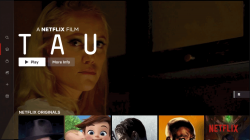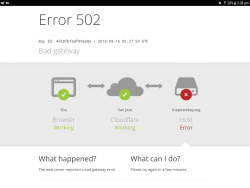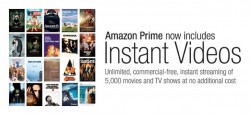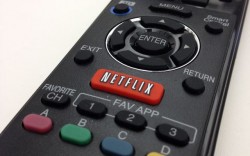And we’re back, this time on a new server. Sorry for the lack of a WNR last week, it was just too hectic to do one what with the new servers downloading all the GBs of stuff from the old servers. The migration is going better than expected, it’s been a while since I’ve done such a large scale move and things have actually gotten a lot easier over the years, thanks to a lot of automation. It’s still panic and confusion half of the time though, but hopefully most of that is behind us now, and it’s just the matter of making sure everything still works.
Let’s take a look at the news stories this week …
![]()
Wow, I didn’t know cheating was so dangerous. Or rather, making cheat tools can apparently get your house searched, computers seized and assets frozen. I guess it is a big deal when it involves a $6 billion gaming franchise in the form of GTA V and in particular, GTA Online, and cheats that allow gamers to generate unlimited virtual currency and bypass Rockstar’s virtual economy could mean real damage to Rockstar’s real currency intake.
The lawsuit is being fought via copyright law, which at first seems a bit strange, but all the publishers are doing it this way, these days. Blizzard, for example, argued that cheat tools break the game’s EULA and the regular copying of code and files by the game is therefore considered illegal copying. Or something convoluted like that.
Still, not too many people will be upset by this because nobody likes cheaters and those that profit from cheating tools, but it still does seem a bit excessive to go after cheat makers so hard like this. I’m sure a strongly worded letter would have had the same effect, but this feels like a show of force to scare away other cheat developers. Shame for the 5 Aussies at the end of it though.
======
Remember when torrent news website TorrentFreak was blocked as a piracy/hacking resource? It’s now been banned by Steam, of all places, for being potentially malicious. Just how news stories can harm Steam users, I don’t really know, but Steam is no stranger to blocking anything it deems slightly related to piracy, and I guess news sites (like this one, and this one) are fair game now.
![]()
Netflix posted some great Q3 results, following the lackluster revenue report from the previous quarter and doubts in the market about the streaming firm’s long term profitability. This initially caused Netflix stock to surge in price, but it has now fallen back to below where it was due to weakness across the whole NASDAQ.
Leaving aside market wobbles, Netflix looks like it’s in a good position, both in the US and in overseas markets. It’s still spending a sh*tload of money on content, some $3 billion negative free cash flow for the year, which is why off of nearly $4 billion in revenue, net income was at a much lower $403 million (which is actually higher than normal).
But the investment in content is worth it as long as it drives new subscribers to the platform. Of course, Netflix would prefer to spend money creating original content than to license existing content, because it has been the originals that have been driving subscriber growth, and in the long run, originals actually cost less money.
======
And so that was the week that was. Now back to server stuff.









